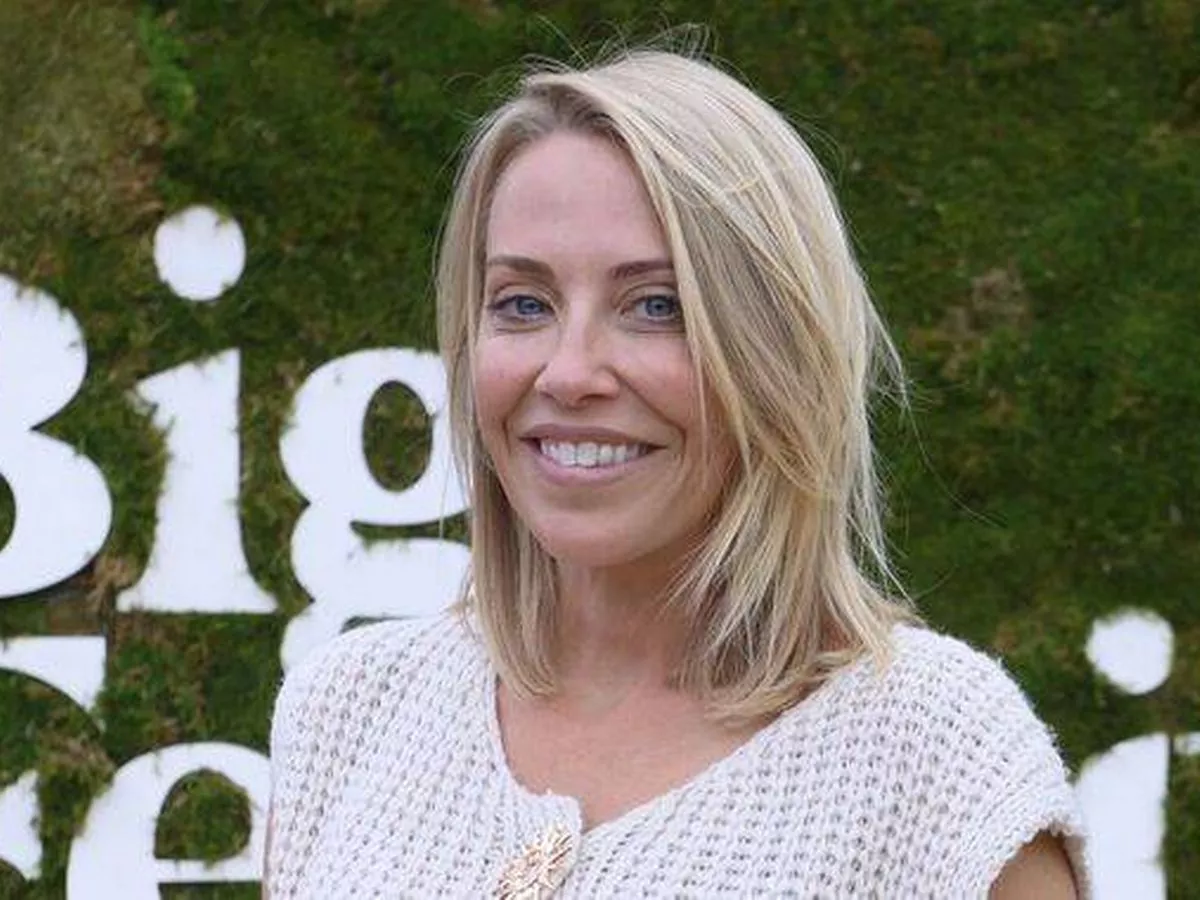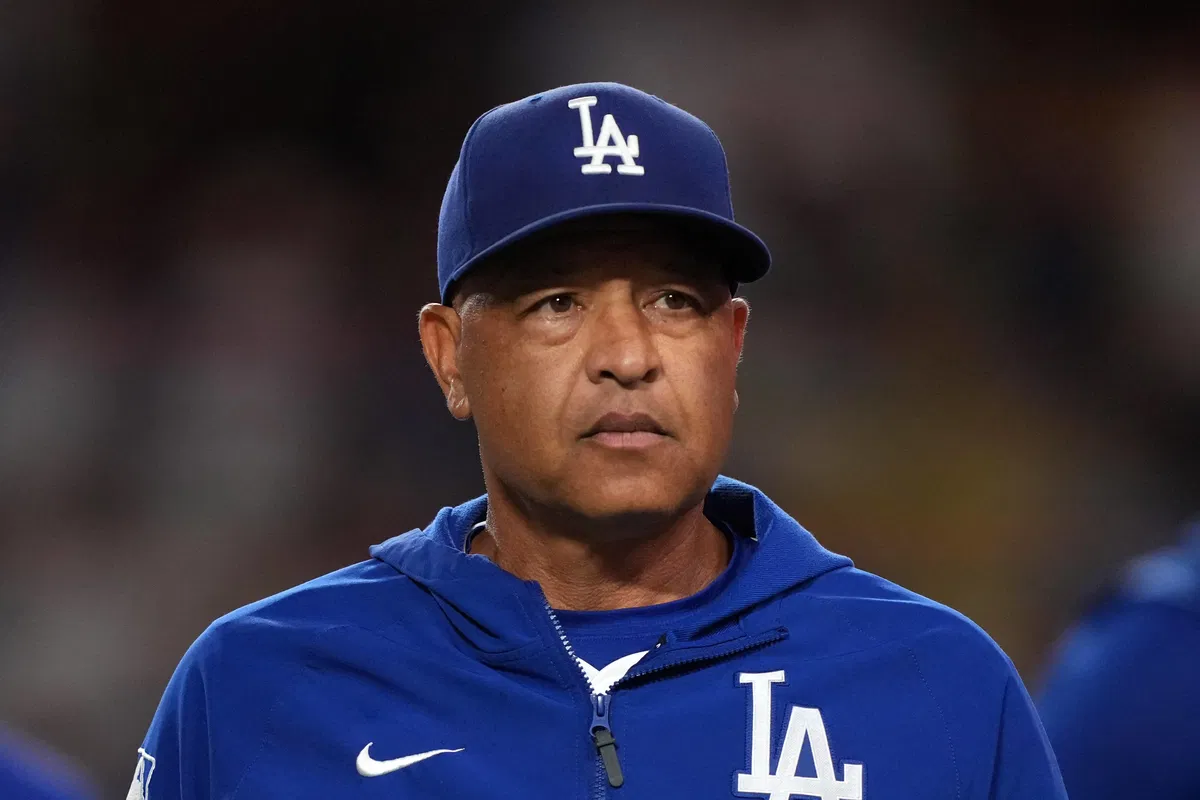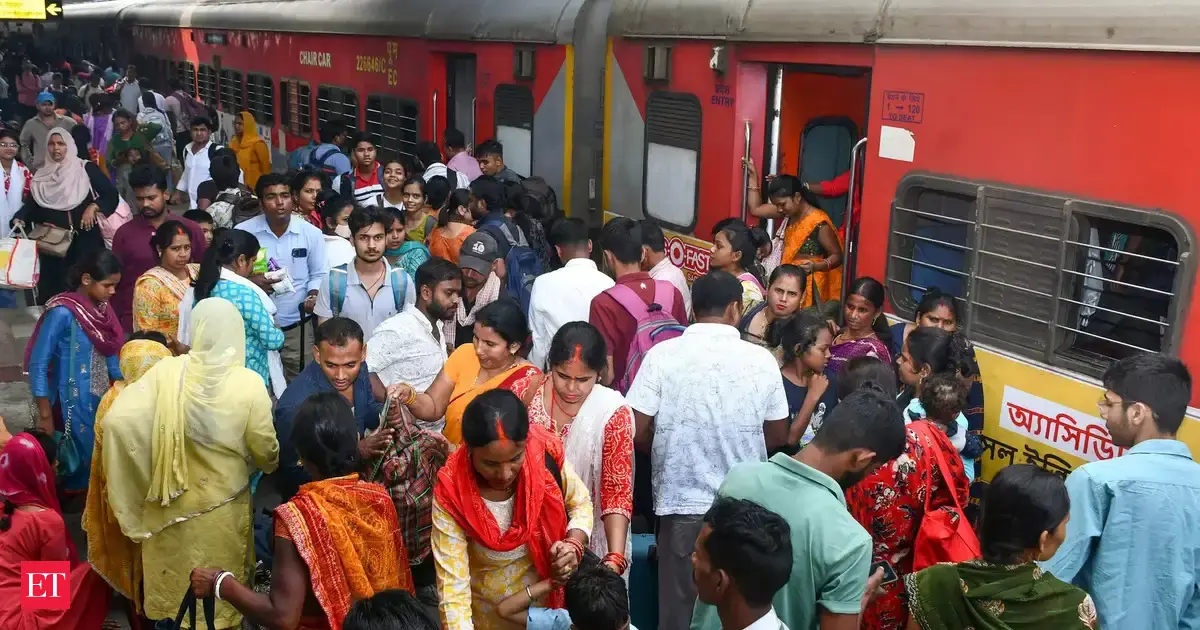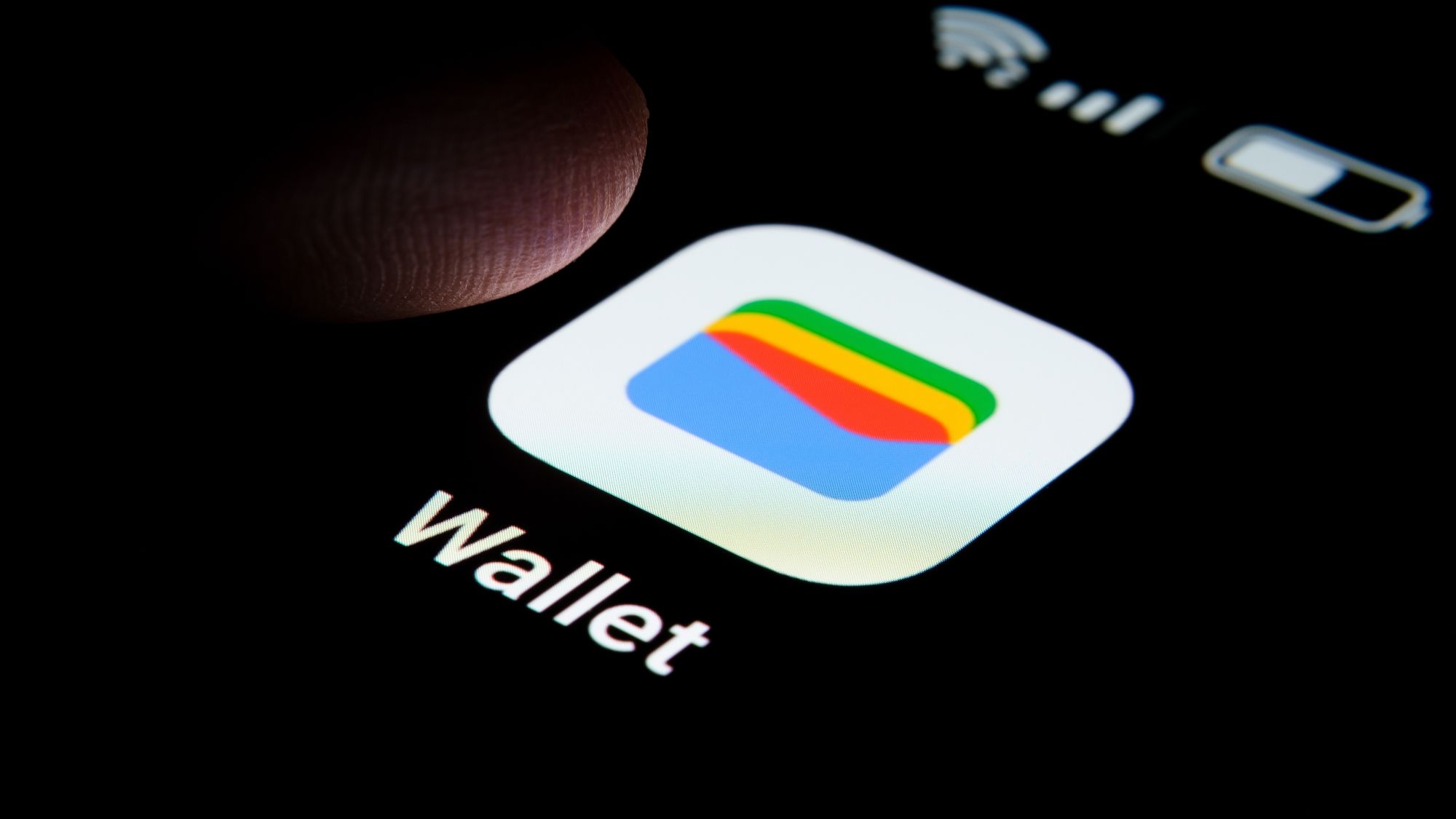Copyright scoop
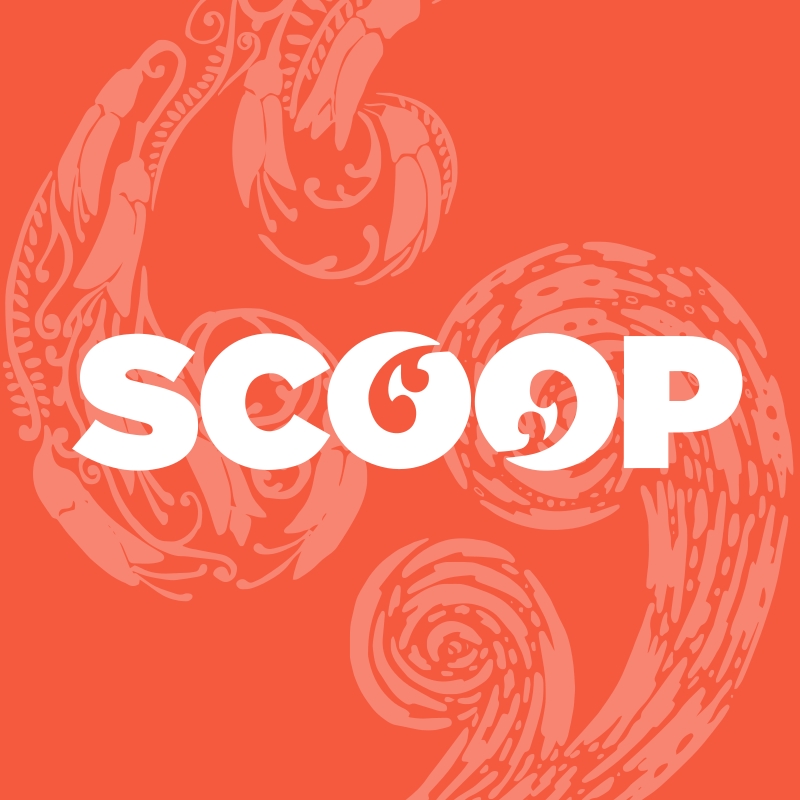
A New Zealand family is in a desperate race to raise hundreds of thousands of dollars for a pioneering cancer trial in the United States that could offer their 11-year-old son a lifeline, making him one of just eight children in the world eligible to receive the Hugo Donaldson was diagnosed at age nine with Stage 4 Alveolar Rhabdomyosarcoma, a rare and aggressive childhood cancer affecting only one to three children in New Zealand each year. After enduring nine rounds of high-dose chemotherapy and 28 sessions of radiation, he was declared cancer-free in August 2024. However, just months later, while still on maintenance therapy, he relapsed. His parents, Aaron and Samantha Donaldson, say doctors in New Zealand have exhausted available curable options. fought so hard, but the cancer keeps coming back. This trial represents his best, and perhaps only, chance at survival,” says Aaron. Hugo has been accepted into a CAR T-cell clinical trial at Texas Children’s Hospital in Houston, one of only eight children worldwide so far selected to participate. The treatment, which uses the body’s own immune system to fight cancer, is provided free as part of the study, but hospital care, travel and living costs must be paid upfront. The family needs to raise around NZ$500,000 to make the trip possible. Aaron says they have already seen encouraging signs from similar trials. “We know of at least one child with the same type of cancer who received a similar version of this treatment at the same hospital and is now in long-term remission. It gives us hope that Hugo might have that same Dr David Steffin, Associate Chief of the Cell Therapy and Bone Marrow Transplant Program at Texas Children’s Hospital, who spoke recently on his social media platforms to raise awareness of the research, “To put it bluntly, we’re looking for a cure. This clinical trial is the only one of its kind in the world for treating solid tumours using CAR T-cell therapy. We’ve welcomed patients from across the United States, Europe and New Zealand, all facing cancers that conventional treatments can no longer control. “What makes this approach so promising is that the specific marker we target exists on tumour cells but not on healthy tissue, which allows us to attack the cancer without causing unnecessary harm. Over the past several years, we’ve worked to make these cells stronger and more effective, and we’re now seeing some remarkable outcomes, with children who have undergone multiple rounds of chemotherapy now back at school and living their lives again. “The progress we’re seeing is extraordinary. My hope is that solid tumours will one day follow the same path as leukaemia and lymphoma, where durable cures and long-term remission become the norm, not the exception.” The programme Dr Steffin leads at Texas Children’s Hospital offers a range of cell-based therapies aimed at treating conditions by repairing or replacing malfunctioning cells. These include new and emerging immunotherapies such as CAR T-cell therapy, which can be tailored to individual patients and designed to enhance or modulate the body’s immune response to fight cancer or treat autoimmune diseases. The therapy Hugo is seeking involves extracting his blood in New Zealand and sending it to the United States, where scientists will modify his T-cells to recognise and destroy cancer cells. The process takes up to six weeks, after which Hugo and his parents will travel to Houston for low-dose chemotherapy, followed by the CAR T-cell infusion over a five week Despite full medical insurance, the family’s policy does not cover overseas care. They have applied to withdraw KiwiSaver funds, extended their mortgage and are selling assets, but without public help, they fear Hugo won’t make it to treatment in time. Sam says the hardest part is protecting their son from the gravity of his situation. “He knows it’s serious, but we don’t tell him everything. He’s just a little boy who wants to get better and play like other kids. We’re doing everything we can to keep his hope alive.” The family has launched a Givealittle campaign, The Donaldsons Continue to Fight – Help Fund Offshore Cancer Treatment for Their Son, Hugo, to raise the necessary funds. If the fundraising goal is not reached or Hugo’s condition prevents him from travelling, donors will be offered a refund (less platform fees) or can choose to redirect the money to other treatment-related care. “This is our last shot,” says Aaron. “We hate having to ask for help, but if there’s a chance this trial could save Hugo’s life, we have to try.” Donations can be made via Givealittle at: https://givealittle.co.nz/cause/the-donaldsons-continue-to-fight © Scoop Media
